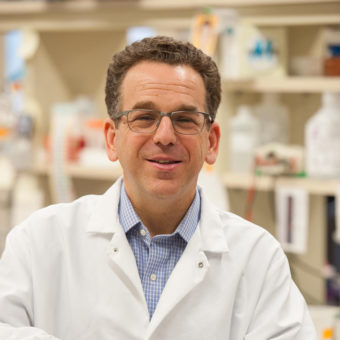The Rappaport Award has provided important support for Dr. Morrow’s research. Dr. Morrow’s research has focused on neurodevelopmental and genetic mechanisms that are root causes of childhood neuropsychiatric illness such as autism and related disorders of cognitive development. During this year, Dr. Morrow has completed 3 projects which are now under review: 1) The first project involves using high-density SNP microarrays to identify loci in patients with autism from special founder populations. These patients were recruited as a part of the International Homozygosity Mapping Collaborative, an international genetics effort that Dr. Morrow co-directs. In this project, mutations in a gene were discovered in a subtype of autism involving comorbid seizure disorder. 2) In a second study, mutations in autism and mild mental retardation were discovered in a gene name alpha-neurexin-1. 3) In a third manuscript under review, Dr. Morrow conducted a mutational analysis of a gene involved in synapse remodeling in a patient cohort from the MGH Schizophrenia Research Program.
Dr. Morrow has applied the Rappaport Fellowship to salary support to provide protected time to complete studies, prepare manuscripts, and travel for international clinical research and national presentations.
The Morrow lab investigates the genetic and molecular mechanisms underlying disorders of cognitive development, such as intellectual disability and autism. The long-term aim of this research is to establish a basic foundation for improved genetic diagnosis and treatment interventions designed to enhance cognitive and functional gains for patients. Because these disorders are highly genetic and in order to identify core molecular mechanisms, genome-wide “forward genetic” strategies to identify genetic mutations have been a principal focus. In complement to this, molecular and neurodevelopmental studies of identified pathways are underway in experimental systems in human and mouse tissues.
